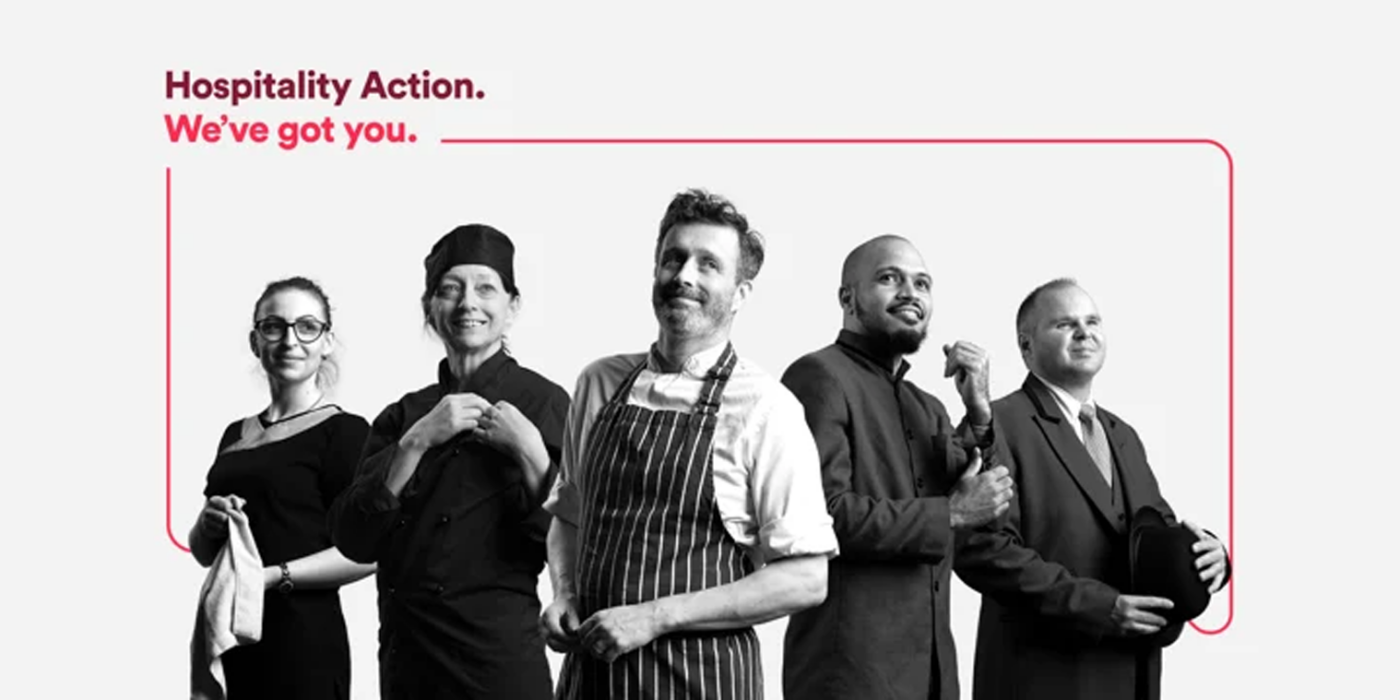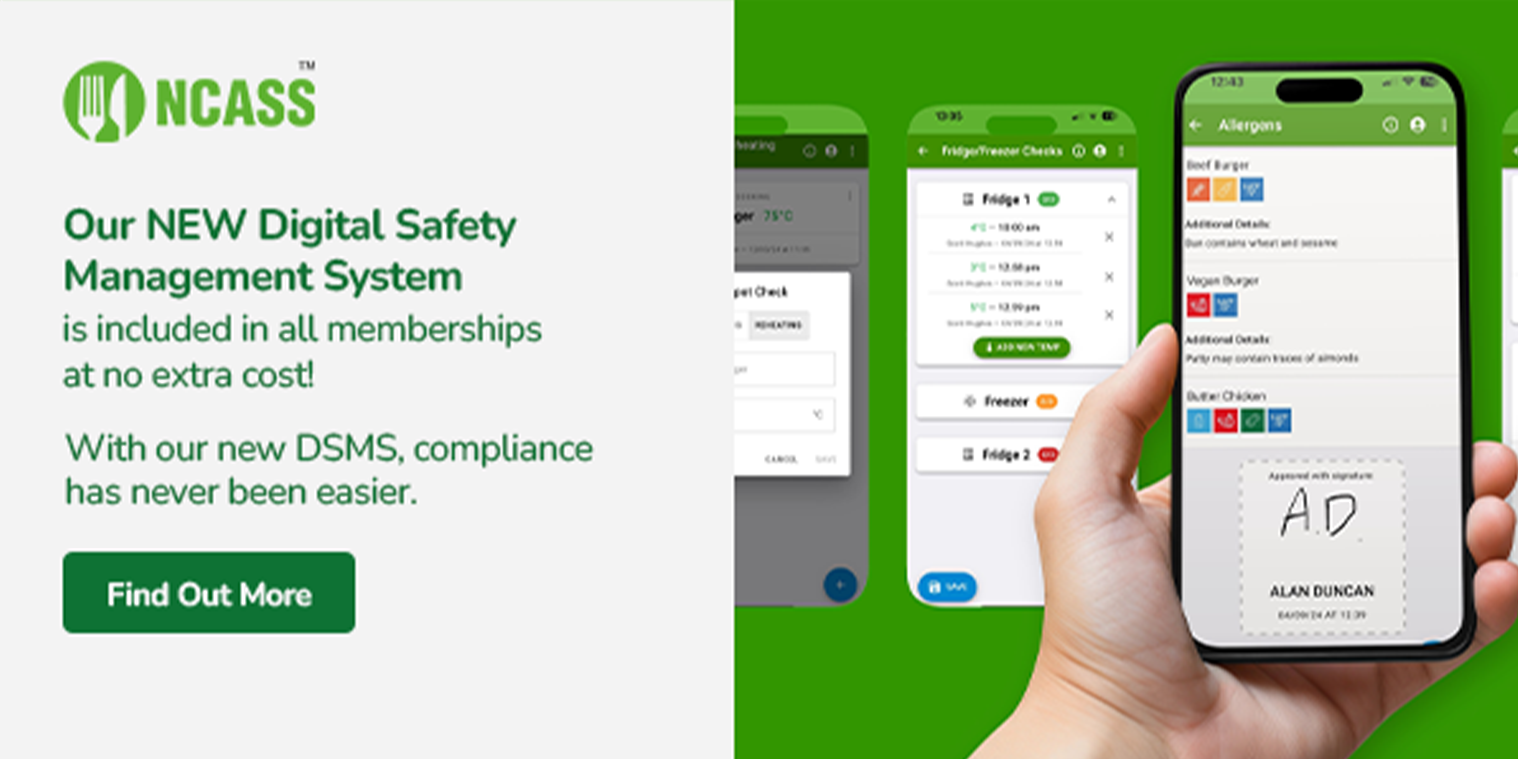Digital Food Safety System
Save time, reduce hassle and keep your business inspection-ready.
This timeline highlights some of the key events at NCASS; from creating our Safety Management System to supporting the growth of Street Food in the UK, being the voice for our sector in local and national government and much more in between.
We are proud of our members and the tens of thousands of businesses we’ve helped – we would love to help you too, you can find out more about becoming a member here.

Bob created a HACCP system for members before Safer Food, Better Business came into existence. In 1992, Bob introduced a log book scheme which acted as Europe’s first Due Diligence system for mobile caterers. Since then, it’s grown and developed into the invaluable white Safety Management System folder that so many caterers rely on today.

Bob Fox publishes the ‘Getting Started as a Mobile or Outside Caterer’ book which gives any aspiring caterers a workable toolkit to successfully trading in independent hospitality and opened the doors for many to join the sector.
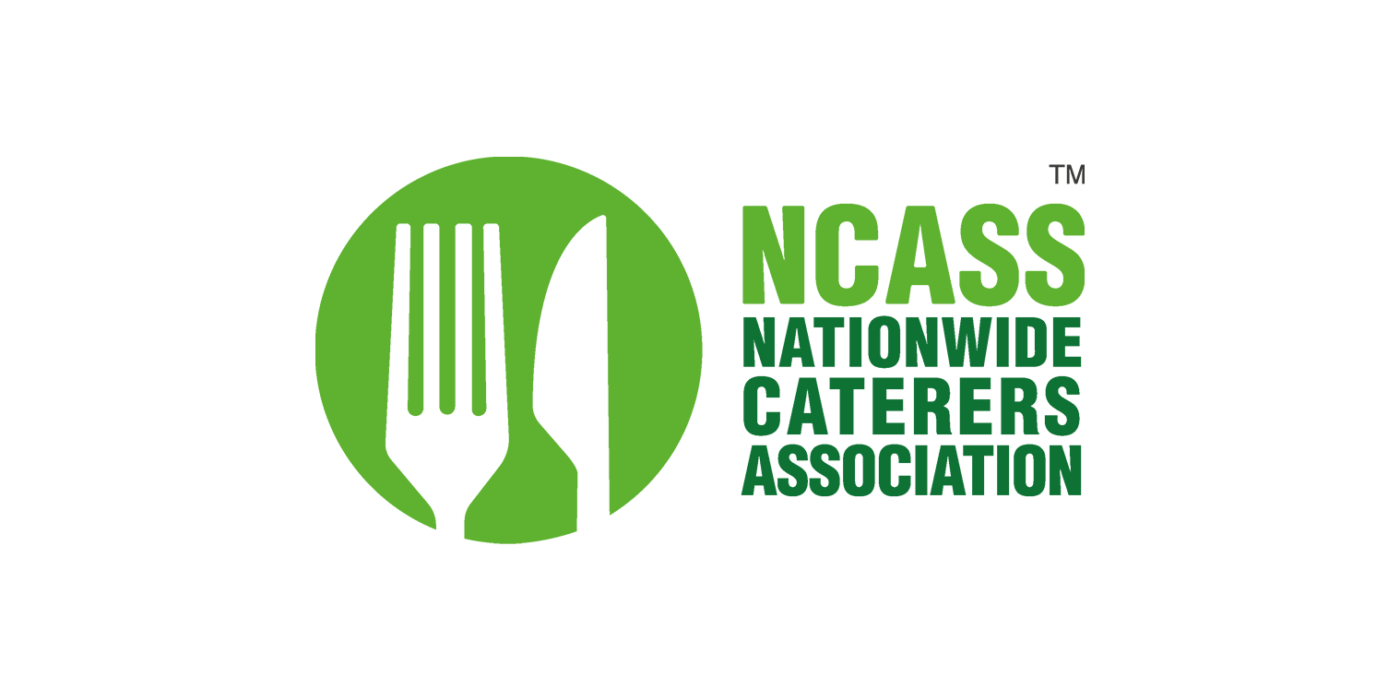
MOCA (Mobile Outdoor Catering Association) rebrands as NCASS, with a view to widening the umbrella of businesses, business types, caterers and people working in independent hospitality that the association could cover and provide help for.
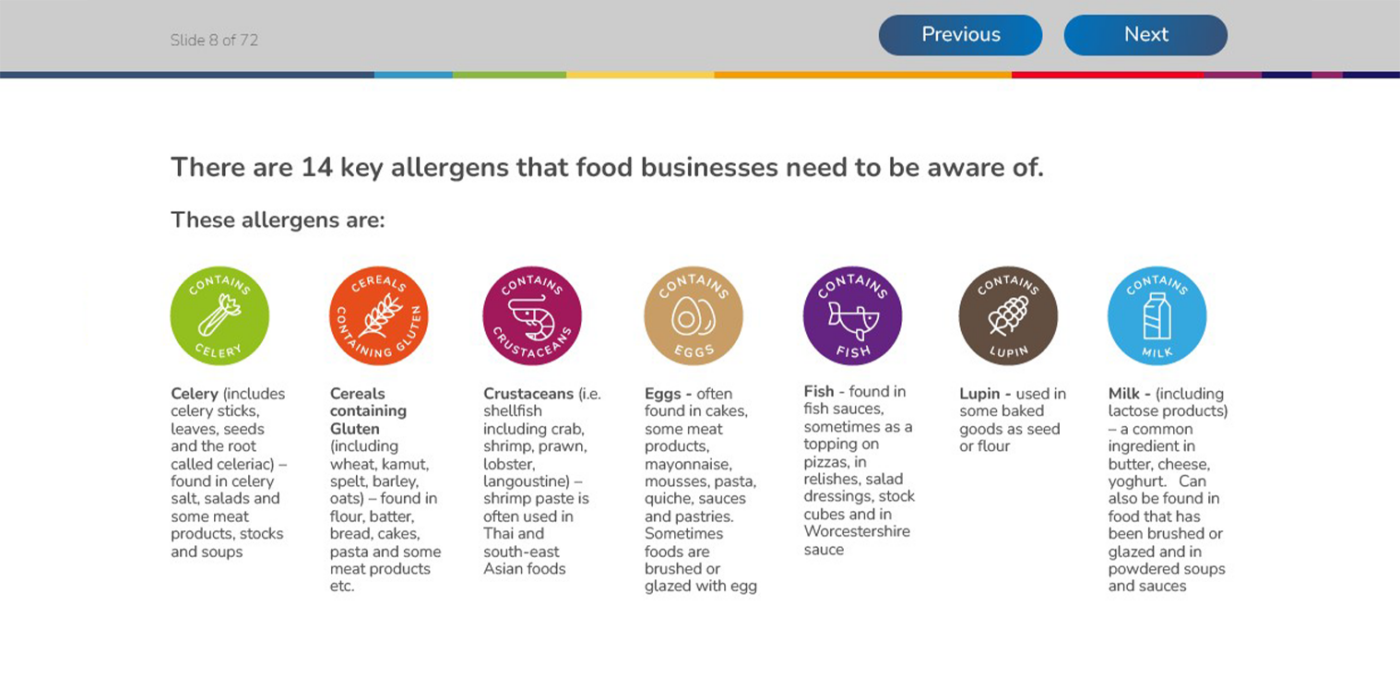
With launching a range of online training courses, NCASS enabled businesses and the sector to increase standards, safety and professionalism. Online courses meant training became easier to access, therefore more desirable for caterers they were designed to help take their business to new levels.
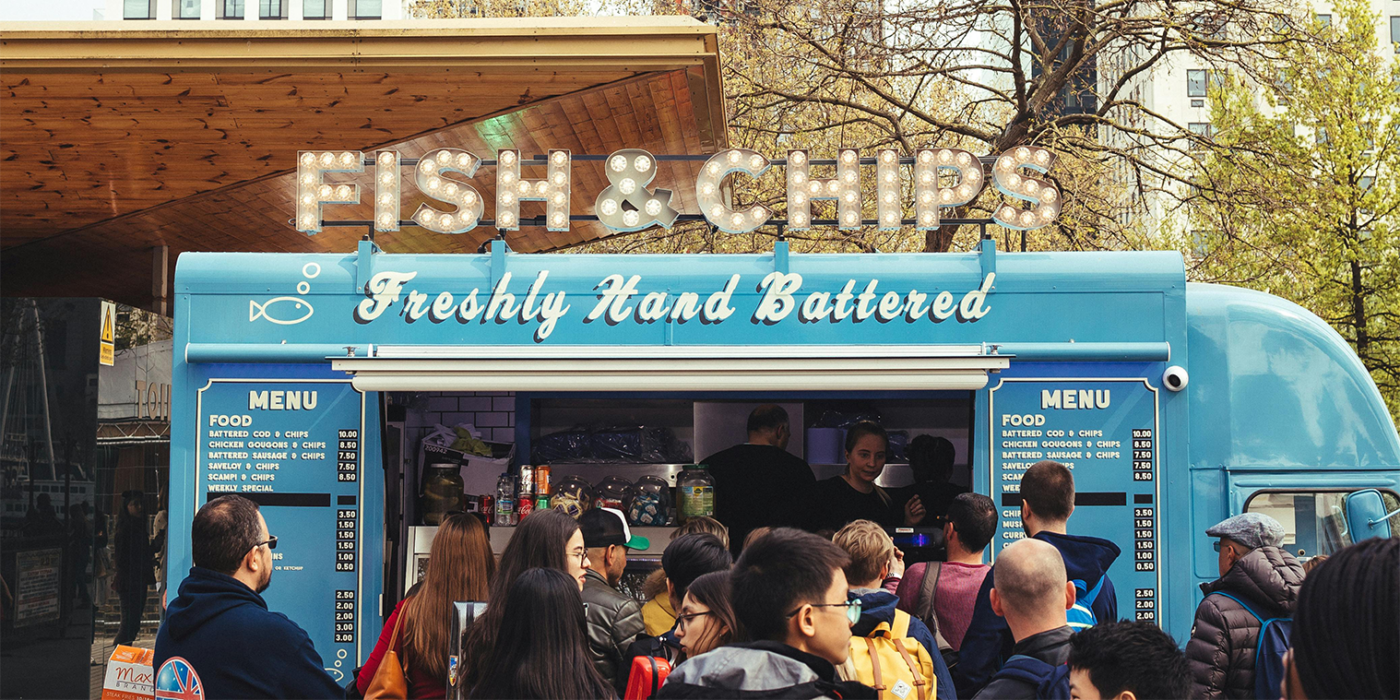
Food trucks launch in America and gain popularity for the convenience, culinary innovation and nuanced experience they provide. Around this time the first signs of street food in the UK blossom also, with many seeing the advantages street food can offer.
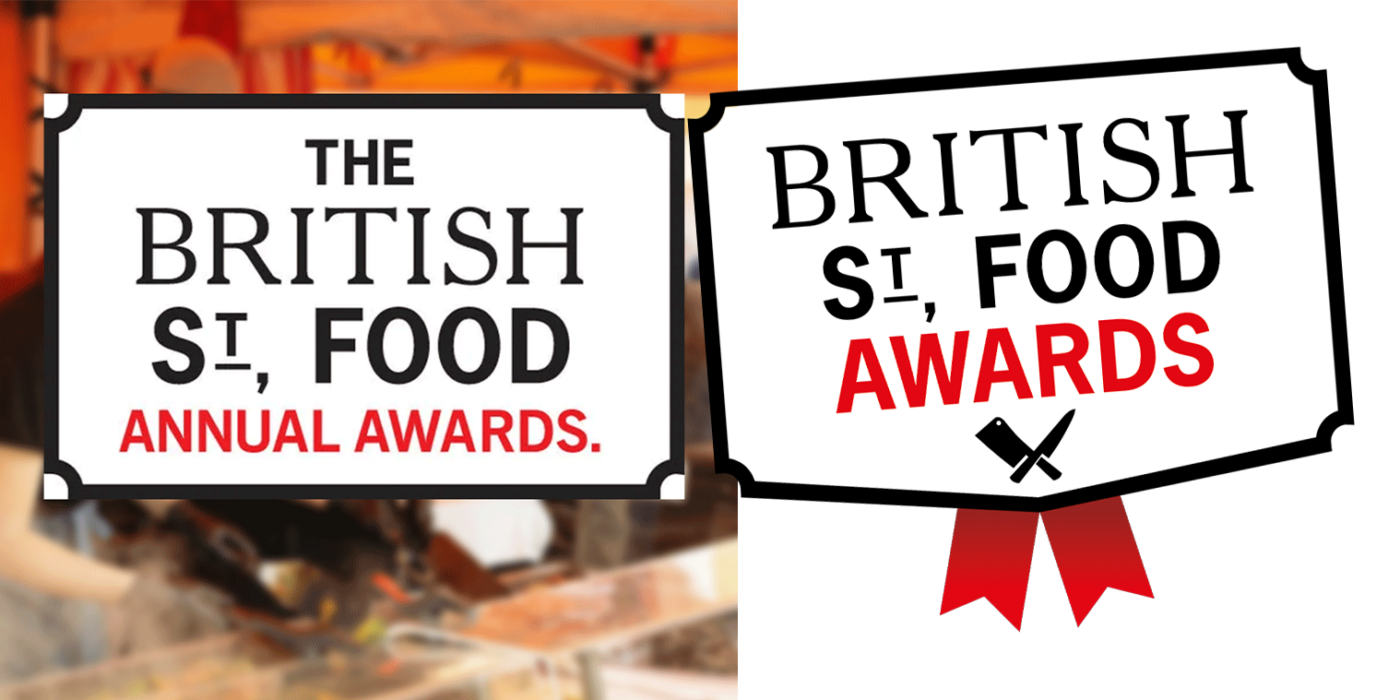
The inaugural British Street Food Awards, recognising the best in class of street food traders was established with the help of NCASS. A pivotal Awards, these helped to legitimise the street food sector and gave innovative caterers a tangible chance to be rewarded for their efforts.
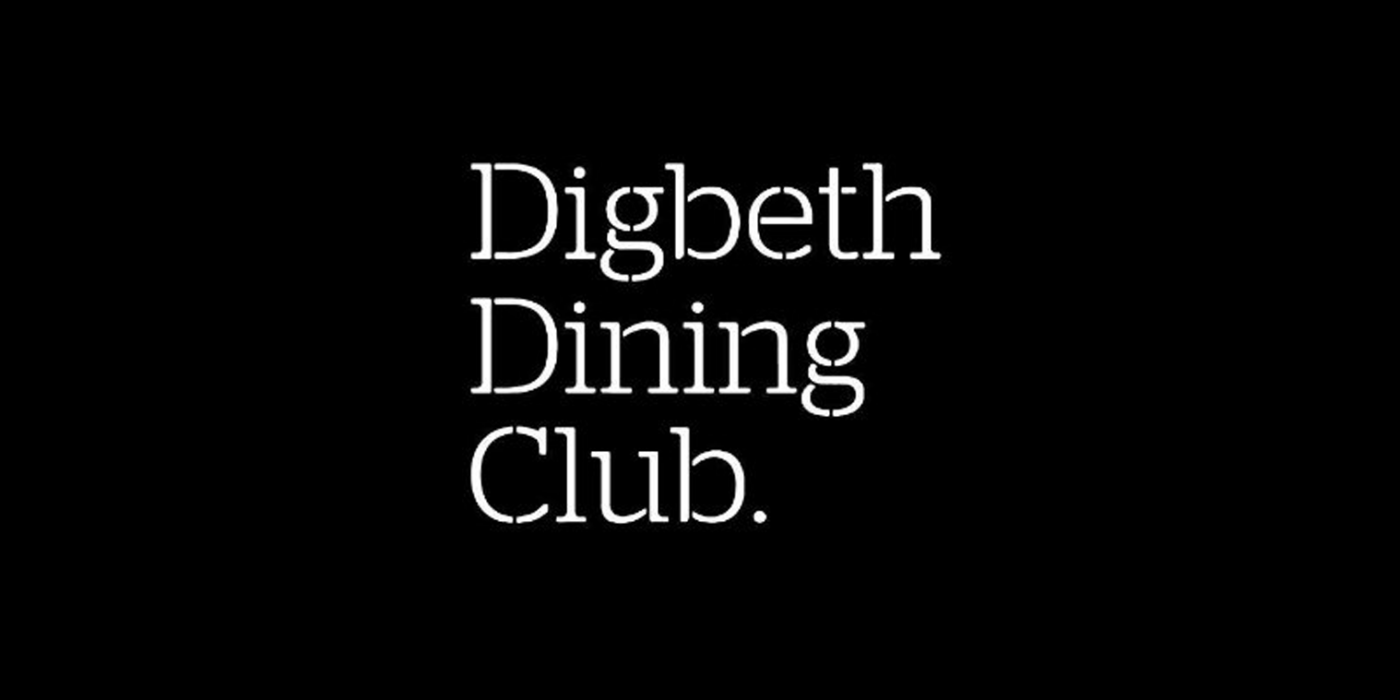
As the potential for what independent hospitality can do grew, the sector began morphing to fulfil consumer needs. Digbeth Dining Club, a first-in-class street food food-hall was set up with some help from NCASS. DDC brought together some of the most reputable and exciting traders under one roof, allowing the public to see and sample the brilliance of the sector all in the same evening. This brought about incredible opportunities for caterers and set workable precedents for the sector moving forward.
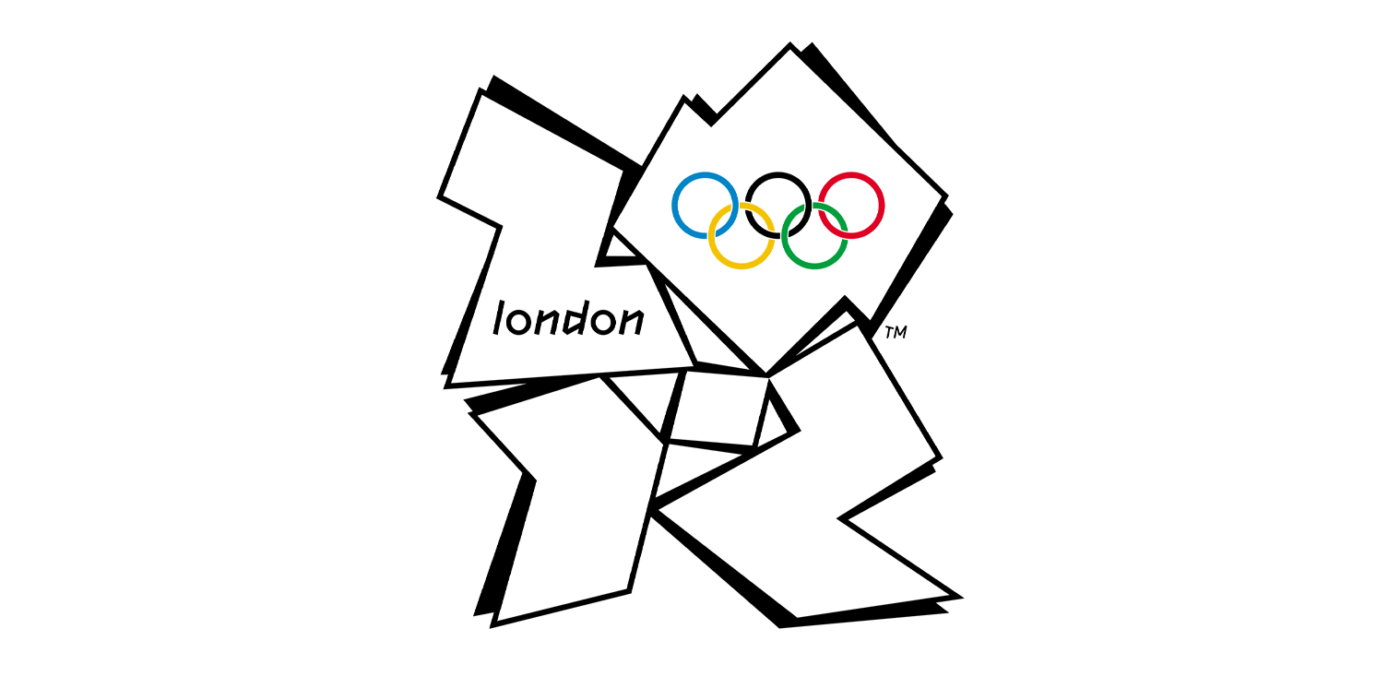
In the run up to what was undoubtedly the UK’s biggest ever mobile catering event, Bob provided invaluable advice to Jenny Morris, head of Environmental Health at the 2012 London Olympics. He consulted on waste, water, health and safety and food safety issues, outlining how best practice standards should practically be applied in any given scenario. His influence helped make the food offering at the Games the true success that it was.
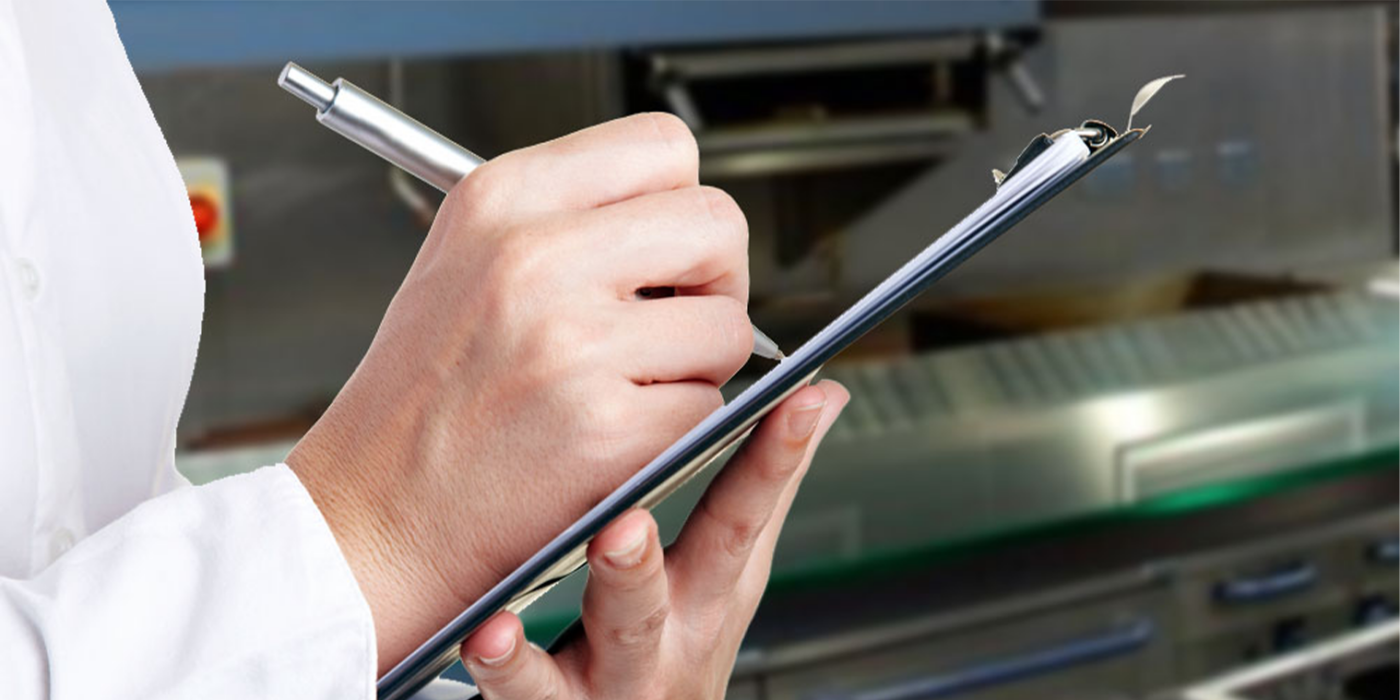
As one of six Trade Association’s invited by the Department of Business to form a Co-ordinated Primary Authority Partnership, NCASS consulted on the development of Primary Authority’s, having an impact on the way independent hospitality businesses are regulated and inspected, ensuring that the voice of the trader is central to all discussions and developments. This was a step towards validating the sector as a viable means of trade and safe outlet for customers to choose from in the eyes of government.
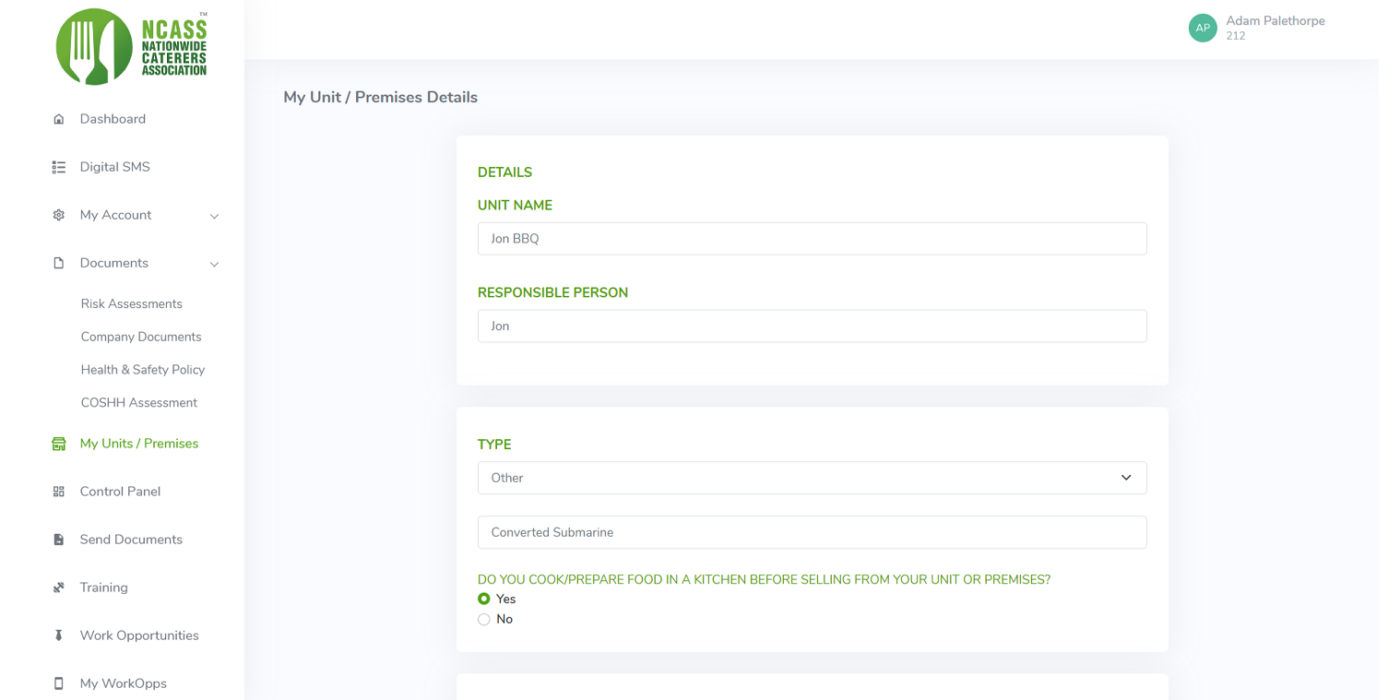
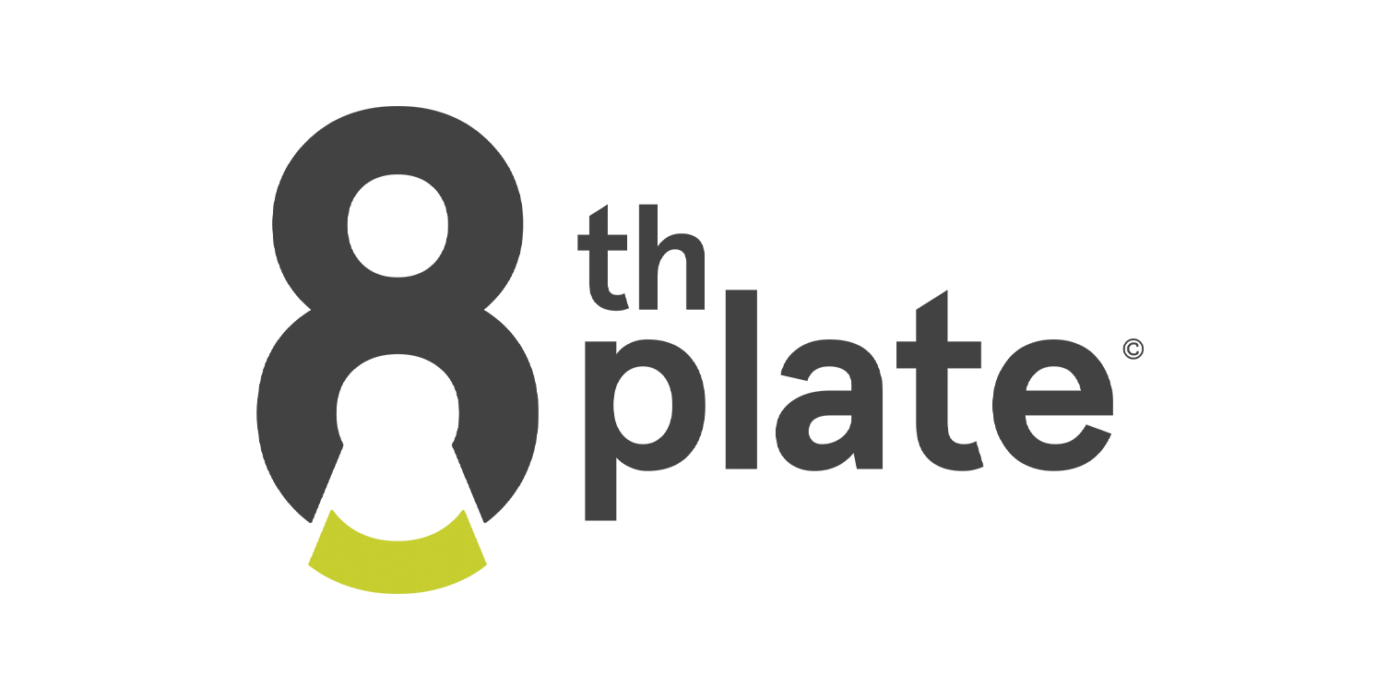
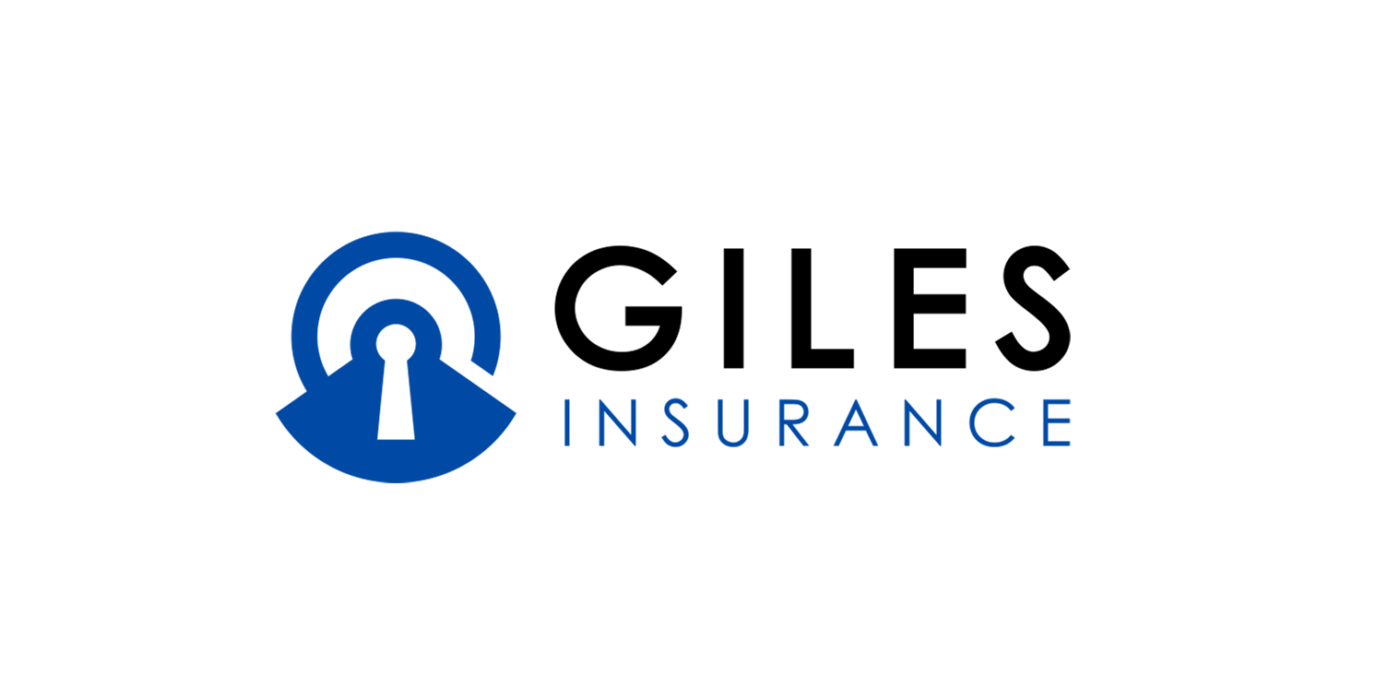
Through the partnership established with Giles Insurance, NCASS could offer tailored insurance, at discounted rates to its members. This addressed the grey area caterers operate in in the eyes of business insurance policies, and allowed for caterers to feel reassured at having an insurance policy that accurately reflects exactly what they do and owes to the specifics of their business.

The Show Must Go On report was conceived as a festival industry response to the Paris climate change talks in 2015. The report brings together all known UK research and analyses the most comprehensive datasets available on the environmental impact of festivals, with a view to improving sustainability and make festivals less harmful for all involved. This report is updated periodically.

The Emergency Catering Service was launched after identifying a need around food requirements. Working with power companies, the ECS offers NCASS members lucrative trading opportunities at a fixed cost. This relationship serves to further legitimise the sector and showcases how significant independent hospitality businesses have become to the UK economy.

Contributed to the Making Waves guide to moving towards plastic free festivals and events. With an ecological focus at the heart, this work sought to address the growing problem of plastic at festivals and explored options as to how these events can be more sustainable, for caterers, organisers and consumers.

In collaboration with Erasmus + we spearheaded the Street Food Opportunities for Youth project, enabling young people the chance to develop entrepreneurial skills through exploring the business opportunities presented by street food. The project served to offer loads of young people a pathway in hospitality, underlining both the importance of educating young people as to what street food can do for them, also how accommodating the sector can be and how it can provide legitimate career opportunities for all.

The onset of Covid-19 saw NCASS advocate for the needs and interests of the industry during a constantly challenging climate. We sat on the Hospitality Recovery Group board advising on how independent hospitality could help the economy recover, safeguarded the interests of our members and provided endless advice on how to comply with the everchanging laws, we advocated and enabled members to secure day trading opportunities, shining the light on how resilient and flexible the independent hospitality sector is. We also became part of the Covid-19 Hospitality Taskforce.

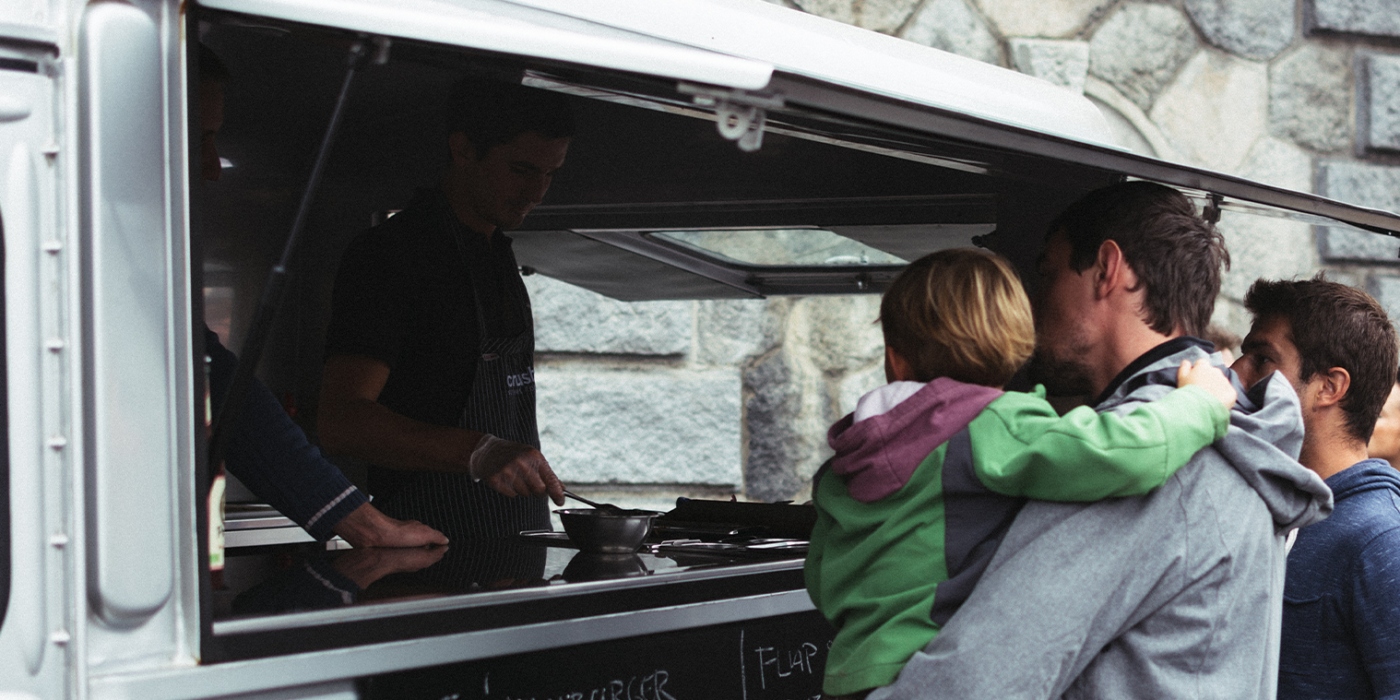
We knew that there was scope for the mobile catering industry to support those businesses without a food offering that may be forced to close; primarily pubs and bars. Being part of the Hospitality taskforce meat that we consulted with the Government on a weekly basis; highlighting industry issues, voicing your concerns and identifying possible solutions. Since the new rules were announced for tier 3, we pushed for caterers to be able to work with wet-led pubs and bars that would otherwise be forced to close.


Natasha’s law was introduced in October 2021 as an amendment to the Food Information Regulations. This ushered in additional requirements relating to the preparation of food and drink which is prepacked for direct sale (PPDS) to be labelled in a specific way. We worked with the FSA to support the new laws and helped our affected members adapt to the changes as smoothly as possible.
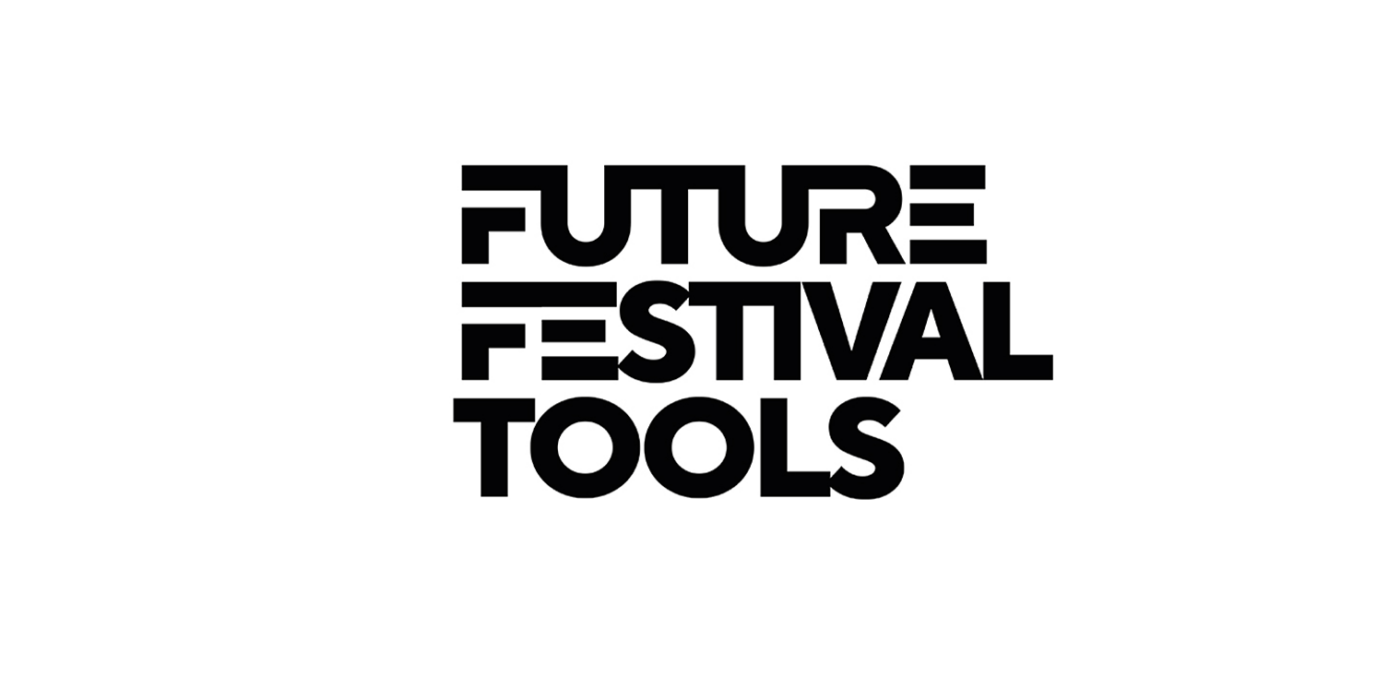


The NCASS Gas Safety Forum was created to raise LPG safety. Over 18 months, we researched the challenges that the use of LPG brings; these challenges range from a lack of LPG support and training for mobile traders, event organisers and EHOs, a lack of industry consistency and interpretation, the issuing of illegal gas certificates as well as a shortage of qualified gas engineers.
